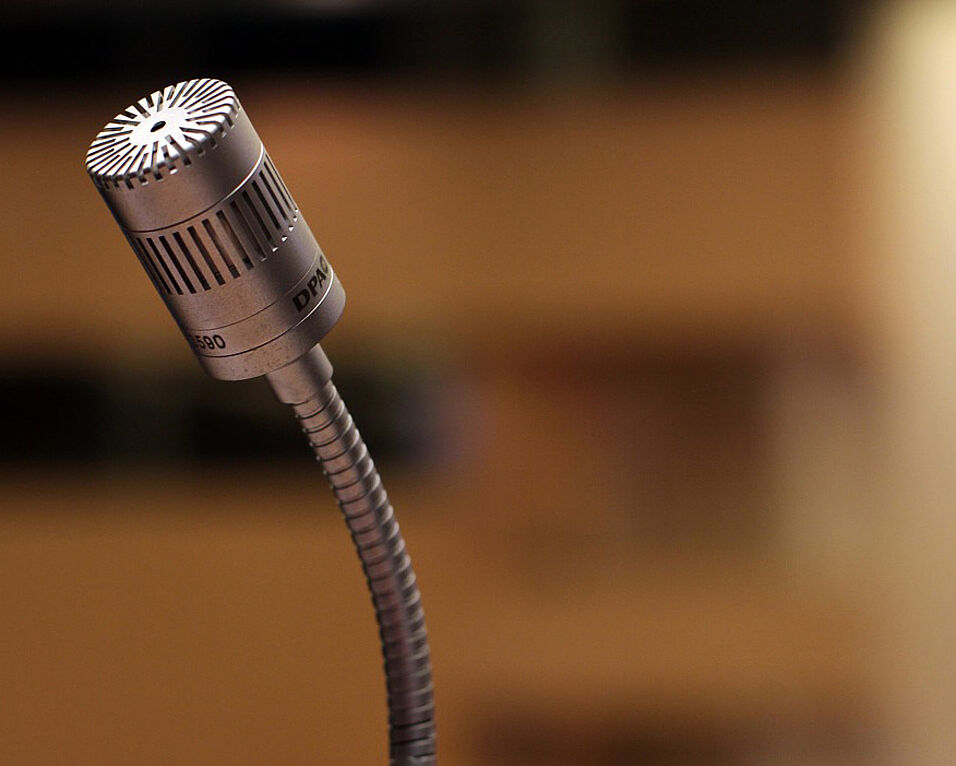In our complex and ever-changing world we need to navigate the combinatorial explosion of choice options and their possible future consequences. We use heuristics to simplify this decision-making process. For example, we tend to approach when promised a reward, yet hold back when threatened by a punishment. Most of the time, this rule of thumb leads to the desired outcome. But sometimes these tendencies lead us astray (‘good things come to those who wait’). We asked i) how these biased response heuristics arise, particularly whether they are learnt or ‘hardwired’, or even both, and ii) how we may suppress them when they are not helpful. I will present recent studies in which we investigate the computational and neurochemical basis of such motivational response biases, particularly disentangling role of catecholamines in driving biases in learning versus choice. I will then switch to EEG work investigating the specific computational mechanism by which mid-frontal signals may help overcoming our biases when they work against us. Finally, we studied a very special population of OCD patients who received deep brain stimulation in the striatum to assess its potential to alter (mal)adaptive motivational biases in behaviour.

